☰ Cardiff Scientific Society
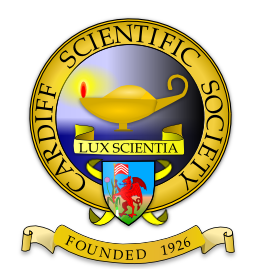
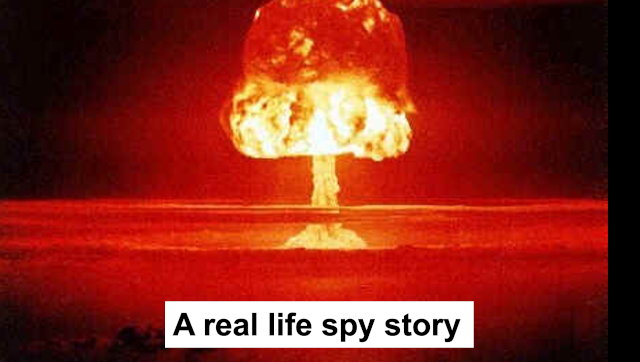
Trinity - the exposure and pursuit of Klaus Fuchs, the most dangerous spy in history
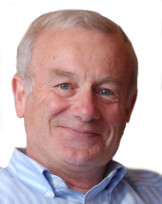
Professor Frank Close
Emeritus Professor, University of Oxford
5th October 2022

The Science of Laughter
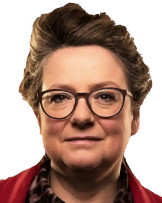
Professor Sophie Scott
Professor of Cognitive Neuroscience, University College London
19th October 2022
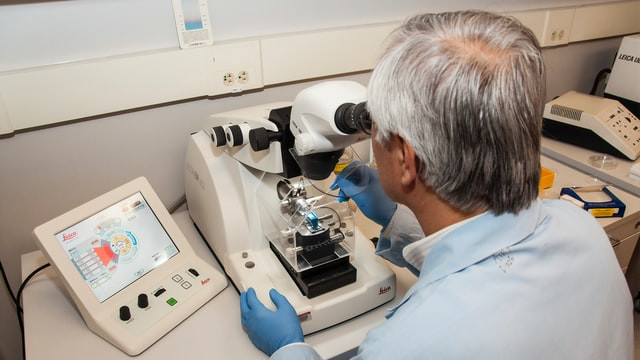
Gene, Mechanism, Treatment: The Paradigm of Tuberous Sclerosis
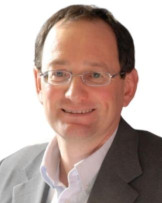
Prof. Julian SampsonProfessor of Medical Genetics, Cardiff University
16th November 2022 (rearranged from 2/11/22)
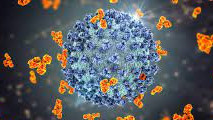
A Journey Towards Artificial Antibodies
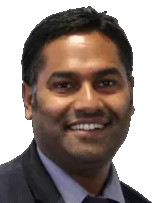
Professor Subrayal Reddy
Professor of Biomaterials, University of Central Lancashire
30th November 2022

Our Amazing Sun
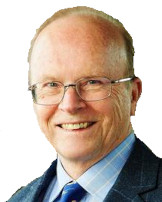
Professor Eric Priest
Emeritus Professor, University of St Andrews
14th December 2022

Self-Repairing Cities
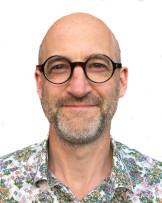
Professor Mark Miodownik
Professor of Materials & Society, University College London
18th January 2023
Sponsored by the Royal Society of Chemistry
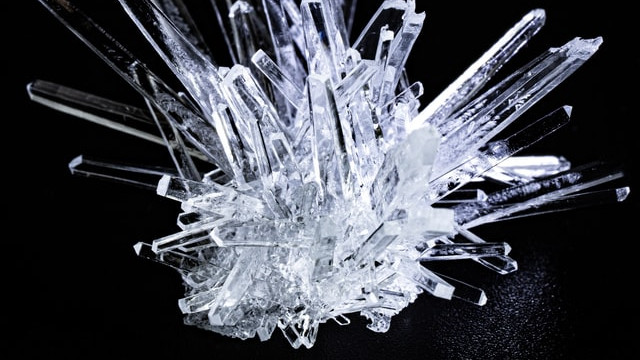
Can we predict how pharmaceuticals will crystallize?
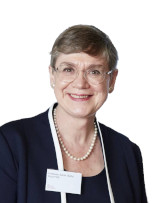
Professor Sally Price
Professor of Physical Chemistry, University College London
1st February 2023
Sponsored by the Royal Society of Chemistry
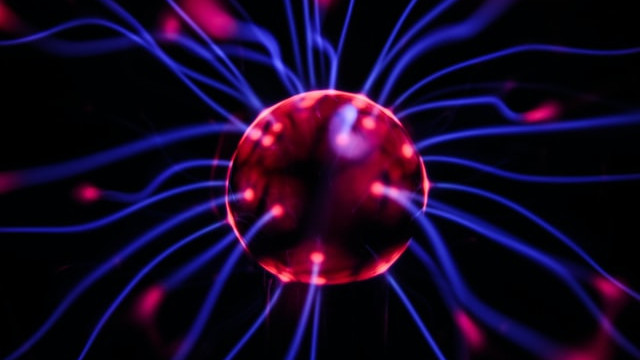
Mapping immunity to SARS-CoV-2 and its variants in COVID-19 and Long Covid

Professor Danny Altmann Professor of Immunology, Imperial College London
8th February 2023
Sponsored by the Royal Society of Biology

Catalysis with Gold
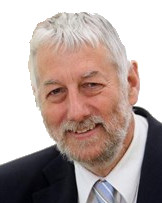
Professor Graham Hutchings
Regius Professor of Chemistry, Cardiff University
15th February 2023

We are made of star stuff
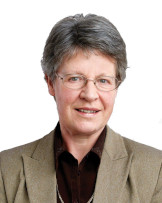
Dame Jocelyn Bell Burnell
Visiting Academic, University of Oxford
1st March 2023
Sponsored by the Institute of Physics
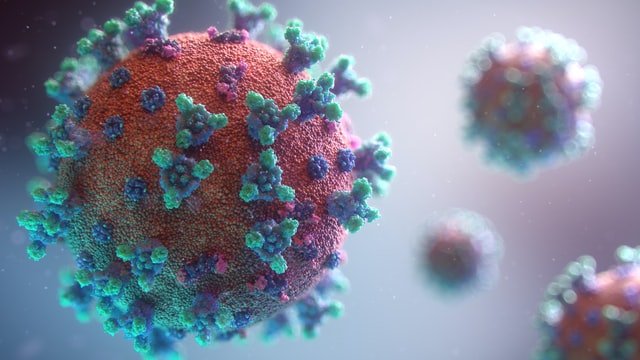
The response to COVID
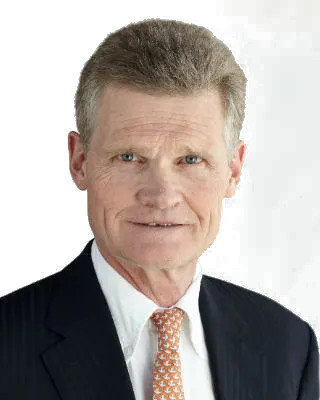
Professor Sir John Bell
Regius Professor of Medicine, University of Oxford
15th March 2023
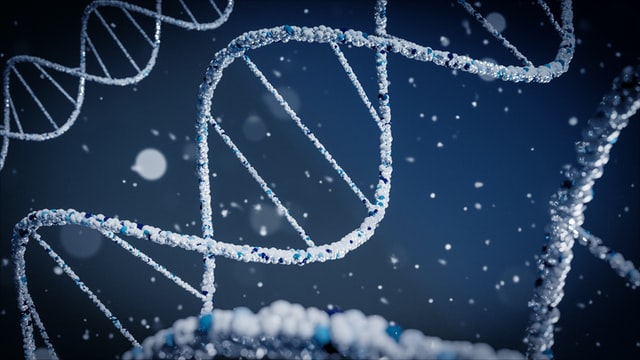
Gene editing: The future of dementia treatments?
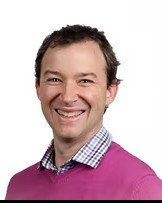
Professor Vincent Dion
Dementia Research Institute, Cardiff University
22nd March 2023